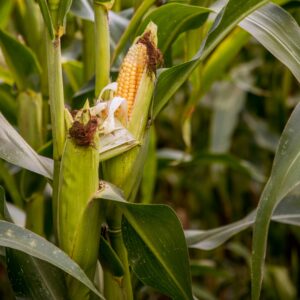However, despite this evidence of emerging and growing small and medium enterprises, the journey to transforming the food industry will be long, particularly in the face of persisting informality. Across all of the continent’s regions, except southern Africa, informal employment as a percentage of total employment in the agricultural and non-agricultural sector is above the global average of 64% for emerging and developing markets economies.
More than 80% of the continent’s population relies on open-air, largely informal markets for their food. Poor sanitary conditions in many of these markets raise concerns around food safety for households that depend on them.
If African countries are to ensure resilient and sustainable agrifood systems, they must upgrade food value chains by shifting production and employment from informal micro-enterprises to formal firms offering wage employment with income security and health benefits for employees. This will also ensure improvements in food safety within the system.
One example of this is an investment by the Rockefeller Foundation, in collaboration with the East African Grain Council, in Kenya’s Naivasha Smart Fish Market project. The aim is to provide an informal market with good quality infrastructure as a way of improving livelihoods and sanitary conditions.
Government responsibilities
There are three things that African governments can do to ensure the reality of the next decade lives up to the global commitments made in 2021.
First, governments must provide adequate public goods. That means hard infrastructure, like roads, public works and electricity, and soft infrastructure like capacity development, finance, data and information.
Second, they must effectively enforce national competition policy and anti-trust laws to level the playing field for all types of agri-food enterprises and minimise abuse of market power.
Finally, they must get out of the way. African governments should not over regulate the sector: this increases the costs of doing business especially for small, medium and micro-enterprises. Policies must also be predictable and based on solid technical research.![]()
Lulama Ndibongo Traub, Technical Chair, Regional Network of Agricultural Policy Research Institutes (ReNAPRI), Stellenbosch University; Edward Mabaya, Research Professor, Cornell University; and Wandile Sihlobo, Senior Fellow, Department of Agricultural Economics, Stellenbosch University
This article is republished from The Conversation under a Creative Commons license. Read the original article. Photo by gemma on Unsplash.









